Program Path: Healthcare
Medical assistants are in demand. It’s secure, rewarding work for people with the right stuff. Not everyone will enjoy working in healthcare, so it’s important to reflect on your reasons […]
Job Description Sonography Instructor Location: Atlanta, Georgia Industry: Education Occupational Category: 29-2032.00 Diagnostic Medical Sonographer Hours: Part-time Description: Gwinnett College seeks adjunct instructors to teach in a Diagnostic Medical Sonography […]

Program Path: Healthcare
Working with children is a popular specialty among nurses. There’s something unique about their vulnerability that makes us want to reach out to them. But how much education do you […]
Call Us Today or Complete The Form at the Top of The Page to Take the Next Step Toward Your New Career!

Gwinnett
Colleges & Institute
Gwinnett Colleges and Institute cannot guarantee employment or a minimum starting salary upon graduation; however, placement assistance is available upon successfully completing the selected program.
For state authorization and accreditation information, please refer to the location page associated with the campus you are interested in.
Disclosures and Catalogs
For Consumer Information, Disclosures, and Course Catalogs, please click the above link.
Sources and related content